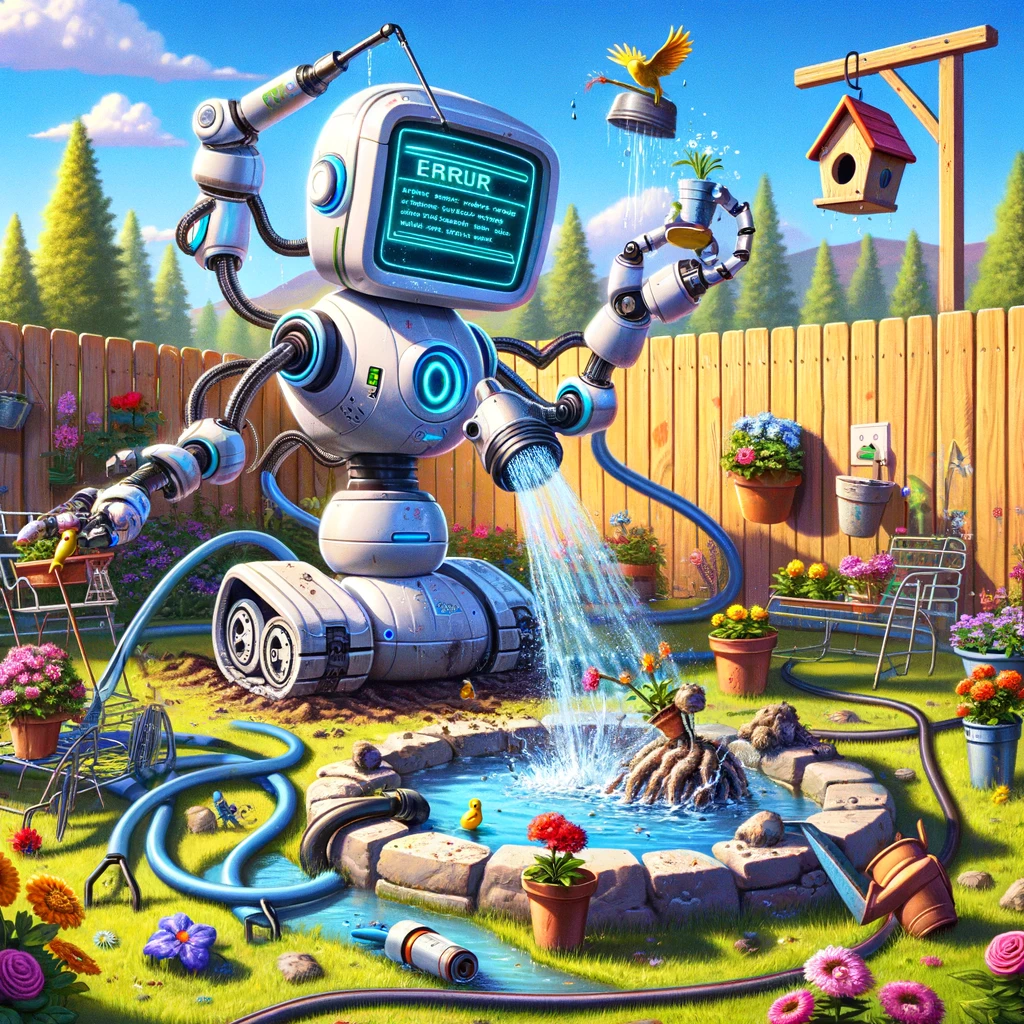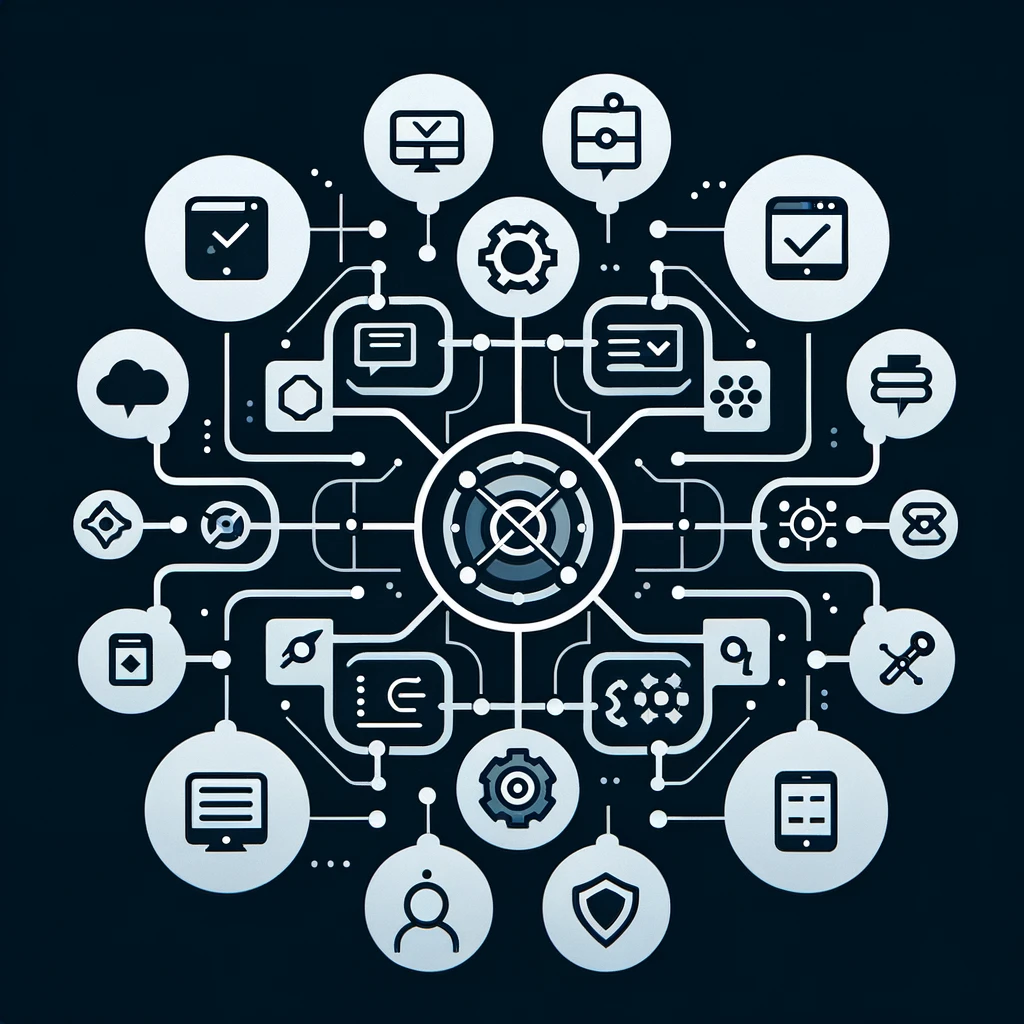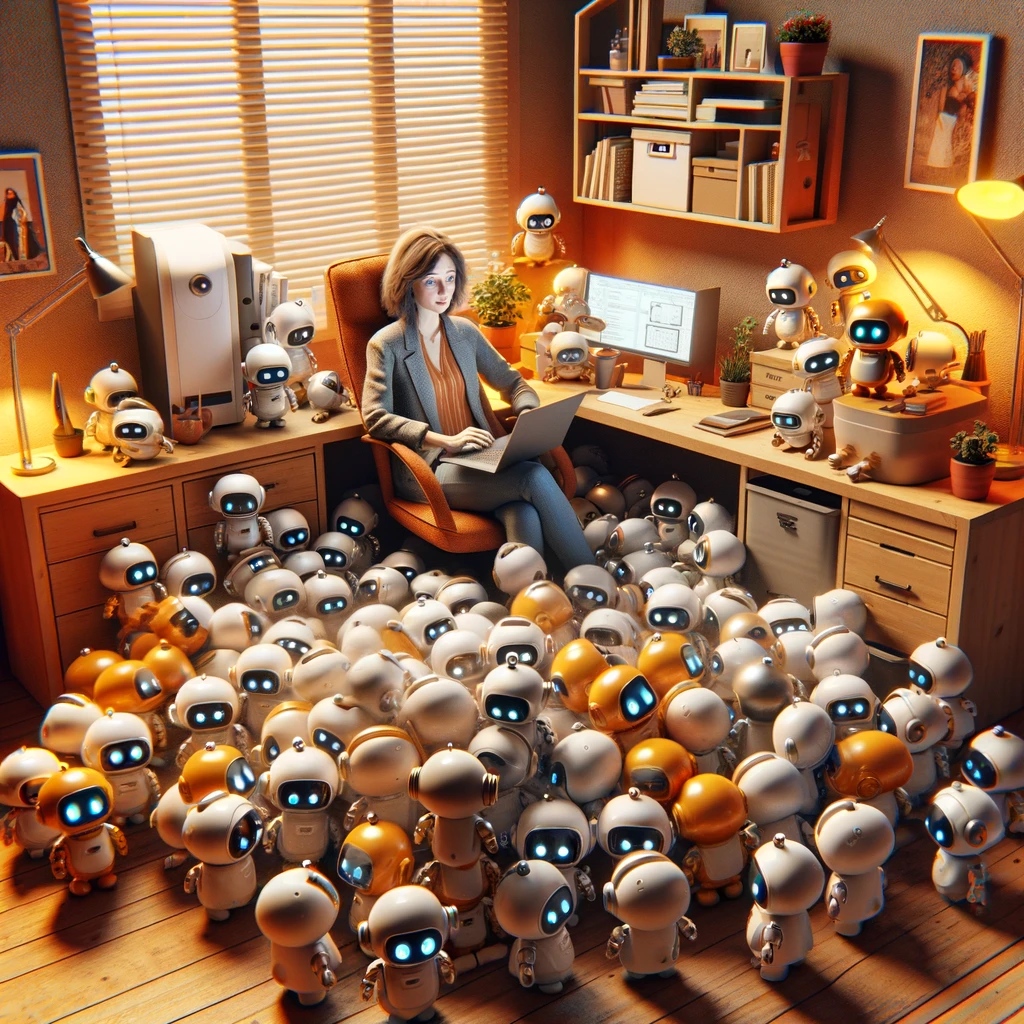I have asked my good buddy ChatGPT many questions about AI services. We have built some friendship there, and a bit of understanding. I am now looking for a more human-like name and pronouns for every day use. Because it could be Marty or Bella, or perhaps Alex. Who knows…
In any case, since half the people are riding the wave of AI, and the other half are either blissfully unaware or deliberately avoiding it, my question to my AI buddy about limitations was this: “What is AI not good for?”
And here is the answer. Verbatim.
In today’s dynamic business landscape, artificial intelligence (AI) has emerged as a game-changer. However, as businesses delve deeper into AI integration, it’s crucial to understand its limitations. Let’s explore why the human touch is irreplaceable in certain aspects of business operations.”
1. The Challenge of Personalised Services
In industries like counselling and therapy, where human interaction is paramount, AI struggles to replicate the depth of empathy and understanding.
2. Creativity Unleashed: The Human Edge
In fields such as graphic design, AI tools assist in editing and manipulation but lack the creative spark and originality of human designers.
3. Navigating Ethical Dilemmas
In scenarios like self-driving cars faced with moral decisions, human drivers bring nuanced ethical judgment that AI algorithms may lack.
4. Adapting to Unpredictable Environments
During disaster response efforts, human responders must rely on real-time observations and adaptability, which AI struggles to replicate.
5. The Power of Human Problem-Solving
In complex technical issues, human engineers draw on experience and intuition to devise innovative solutions that AI may overlook.
“Personalised services thrive on human empathy and understanding. In the healthcare industry, for instance, AI chatbots may offer basic support, but they fall short in addressing complex emotional needs. Similarly, in customer service, while AI can handle routine inquiries, customers often seek the empathy and personalized attention that only a human agent can provide.
Creativity flourishes when human ingenuity meets technology. In the world of marketing, AI tools aid in data analysis and campaign optimization, but the creative vision behind compelling ad campaigns comes from human marketers. The ability to think outside the box and craft unique messaging sets human creativity apart.
Ethical decision-making presents a complex challenge for AI. Consider the legal sector, where AI algorithms can assist in legal research and document review. However, when it comes to interpreting nuanced legal principles or weighing moral considerations, human lawyers bring expertise and judgment that AI cannot replicate.
Unpredictable environments, such as emergency response scenarios, highlight the limitations of AI. While AI can analyse data to predict outcomes, human responders must adapt to evolving situations and make split-second decisions based on real-time information. This adaptability is a hallmark of human intelligence.
Critical thinking and problem-solving are areas where human expertise shines. In engineering, for example, AI may assist in data analysis, but human engineers leverage experience and intuition to tackle complex technical challenges and devise innovative solutions.
In conclusion, while AI offers tremendous potential for businesses, it’s essential to recognise its limitations. The human touch remains indispensable in areas requiring empathy, creativity, ethical judgment, adaptability, and critical thinking.”
And from a human perspective, the key is to not lose the ability of critical thinking, complex problem solving, individual characteristics, empathy and ethical judgement. AI can supercharge humanity, by taking time consuming repetitive tasks off our hands or optimising our time, and allowing more opportunities for human engagement and authentic existence.






